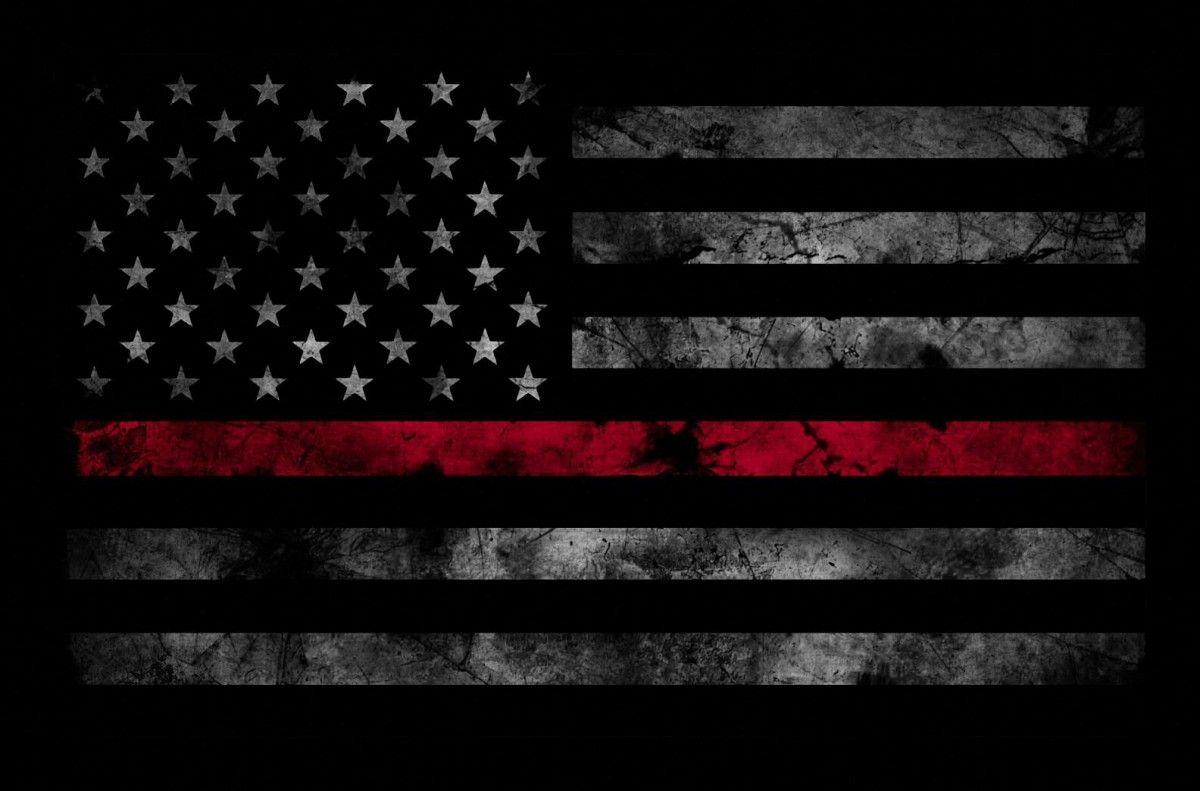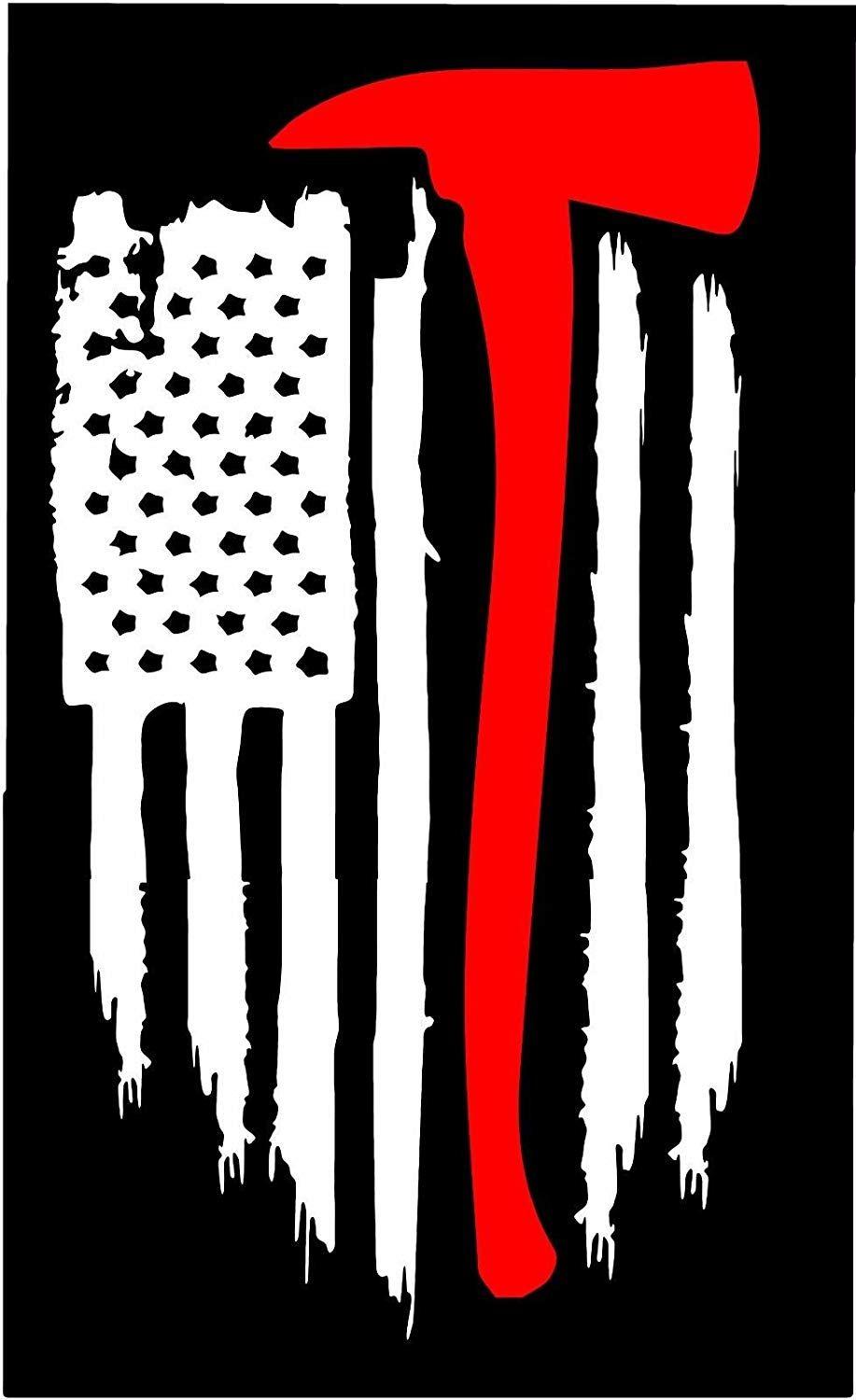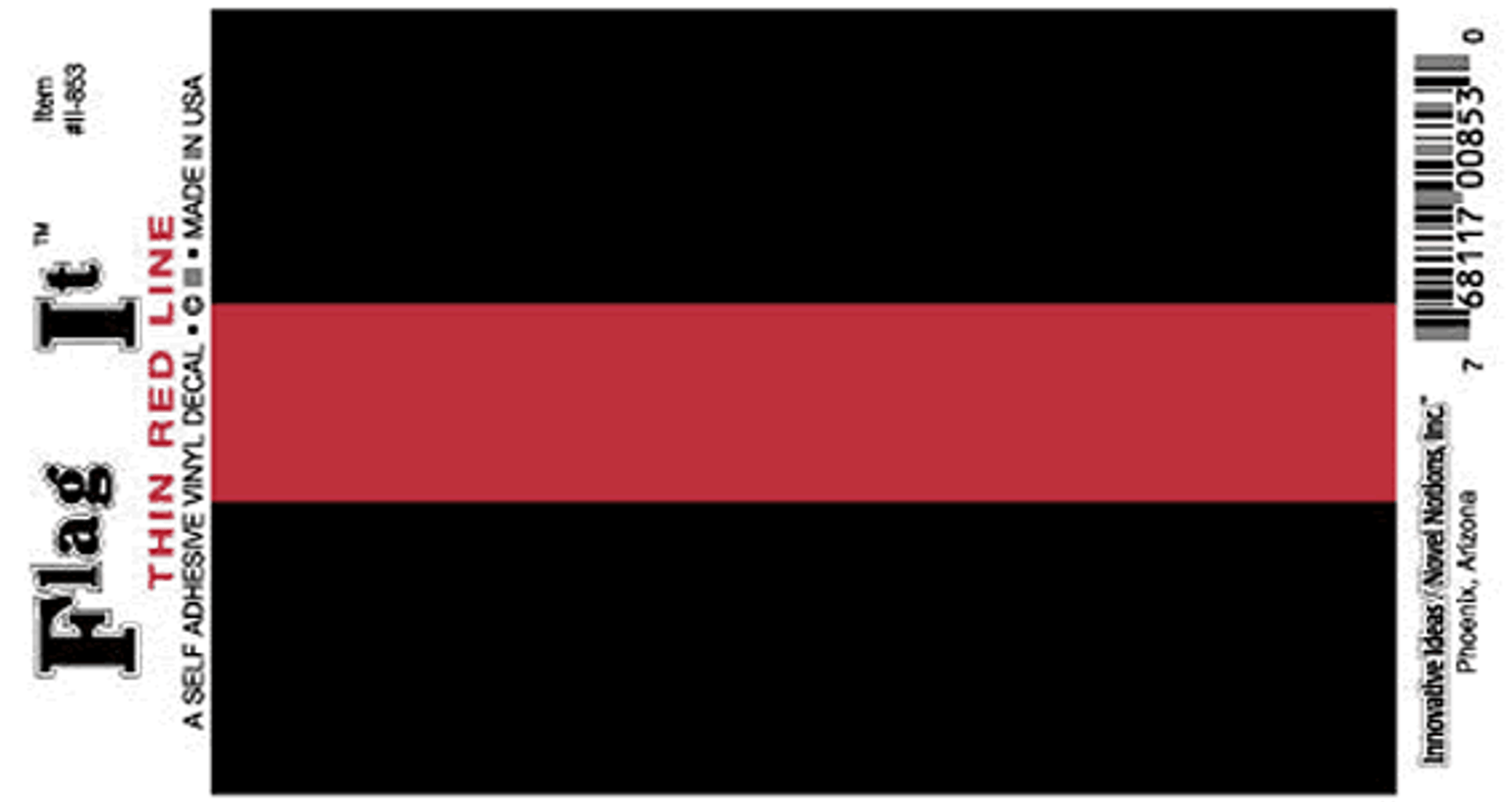

At one point Welsh tells Witt that "this army is going to kill you" which later in the film we see him walking around while the company is sleeping in a field. Starros prays to a single candle for strength to not let down his men. He can be seen as a keeper of hope from this. Witt is playing with matches in his holding cell, seaming letting go out and relighting them. Fire comes to represent hope in people at times. When looking at the film visually the themes come across through certain elements. From what can be seen, it seem as Welsh has closed back up and abandoned hope. The next time we see Welsh he's listening to the new Captain's speech with his helmet clasped tightly and a cynical look to his face. In Welsh's final words to Witt, he ask "Where's your spark now?" in which he's not really exclaiming that he's dead, but that Witt's love is gone and with that so his Welsh's chances to become more open and compassionate. However the next time they talk is at Witt's grave.
#Thin red line how to
This alludes to the idea that Witt may be able to help Welsh learn how to live better. Witt's response to Welsh is how regardless of his coldness, he still sees a spark in him. Witt asks why it seems like Welsh pretends that he doesn't care about others and acts Welsh remarks how Witt is "still believing in the beautiful light?" and that he's a magician with how he lives with so much focus on the beauty of life. While C Company is on their break from the frontline Welsh and Witt have a run-in at a small uncompleted house. Later on before they take the hill on the island, Welsh shows he understands Witt to some extent and feels bad that he's stuck in the army and this world. The first discussion on the boat has Welsh saying there isn't another world and Witt being somewhat unsure himself. With each one Welsh comes closer to learning from Witt how to live with grace, and Witt is coming closer to being able to die with grace. As he says to him in their first discussion "Maybe you'll just see things I'll never see." Through out the film Welsh and Witt have 4 very important discussions. What becomes apparent of him however, is his inability to live with grace and compassion like Witt. Welsh always speaks of how rough life is and how one needs to make everything for himself. However Welsh's struggle isn't with handling death, it's handling life. Welsh, who clashes with Witt from the beginning. It could be argued that this is that 'other world', not heaven but a state of being at peace with mortality.Ī stark contrast from Witt is Sgt. His death is then cut to him swimming in the waters with the indigenous tribe he lived at the beginning. When Witt is surrounded by Japanese troops, he seems to come to a peaceful state of mind and openly accepts his death. This other world he speaks of isn't necessarily Heaven or an afterlife, but could be a state of mind. While he's a very kind soul and peaceful in nature, he's struggling with finding what he refers to as "another world". His main struggle is coming to terms with his own mortality in the same way his mother did when she passed love and grace instead of fear and pain. Witt seen as a very kind hearted person, not opposed to war but more intended with Grace and Compassion. The main theme that I've notice from this film is the idea of Life and Death and how to function between both of them. So thought that I'd share some my thoughts on it.

As of this past year it's become one of my favorite films and I've watched upwards or 10 times. A few years later I saw it from more of a film lover aspect and while I really liked it more I still didn't get all of it.

I was pretty much watching it from a WW2 history buff angle so I didn't really get that much from it. When I first saw this film I made it about half hour into it before I got bored and turned it off.


 0 kommentar(er)
0 kommentar(er)
